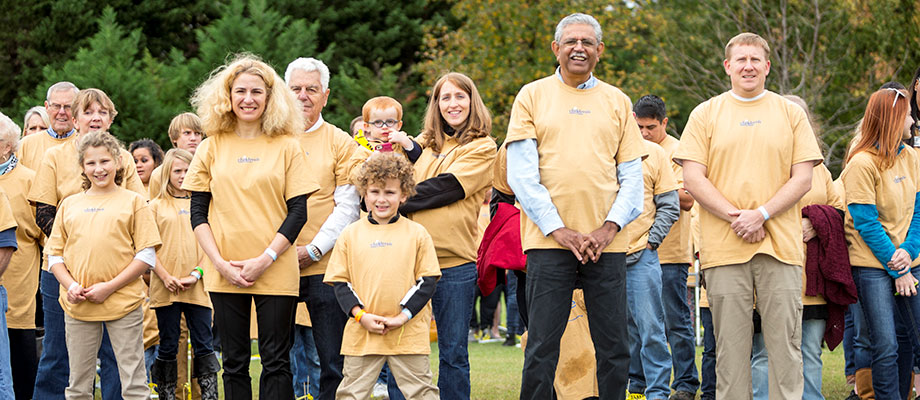In the past, treatment of childhood cancer was solely focused on curing the cancer. But today, with more and more pediatric patients overcoming cancer, there’s a new focus: survivorship.
The numbers are astounding. According to the National Cancer Institute, there are now more than 18.1 million cancer survivors living in the United States — and more than 496,000 of those survivors were first diagnosed as children.
Advances in cancer treatment have changed the face of pediatric cancer. Today, more than 85 percent of kids diagnosed with cancer are alive at least five years after diagnosis.
A look at what’s changed
Many advancements have played a role in increasing the number of pediatric cancer survivors, but there are three significant changes:
- More aggressive treatment. We’ve gotten more aggressive with treatment because we have better support of care. Here at Children’s Hospital at Erlanger, we have many subspecialists available to aid in treatment and monitoring any complications a child might experience.
- Improved medications. A small number of cancer survivors can attribute success to the help of new cancer-fighting drugs. Still, we can help children recover faster from illnesses through improved medicines like antibiotics.
- More attention is paid to the adverse effects of treatment. While working on advancing treatment, we’re also identifying the negative impacts of treatments. This allows us to learn how to be more aggressive with treatment — but in a way that’s not as harsh on the body.
What that means for survivors now…
In the 1950s, fewer than 5 percent of pediatric cancer patients survived in the decades since advancements have enabled more patients to survive for extended periods.
Cancer survivors face a unique set of challenges as they age, both in childhood and as adults. While undergoing treatment, children miss out on average on everyday experiences. They have health concerns such as delayed puberty, a higher risk of obesity, and neuropathy in the years following treatment.
As they age into adulthood, they face an increased risk of certain health conditions, which has led to a need for specialized survivorship care.
Adults who are now 30 to 50 years of age who’ve survived cancer since the 1980s must alter their lifestyle to healthy living. We recommend counseling and monitoring of the heart, lungs, and kidneys.
…and in the future
Childhood cancer survivors have their entire lives ahead of them. Through the survivorship clinic at Children’s Hospital at Erlanger, doctors can follow patients into adulthood, celebrating everything from No More Chemo Parties to graduations, marriages, and other milestones, all while continuing to learn more about minimizing the impact of childhood cancer.
Mindy Sanders’ son Colin is a part of this survivorship clinic. Find out what survivorship care at Children’s Hospital at Erlanger has meant for Colin and their entire family.
“You might think that patients ‘age out’ of our care. But we don’t turn patients away once they turn 18 just because we’re a children’s hospital. We continue to see and care for them even into old age, working with their primary care physicians and specialists. It doesn’t matter where patients were treated for their cancer — we welcome them.”
If you or someone you know could benefit from childhood cancer survivorship care, call 423-778-7289 for more information.







